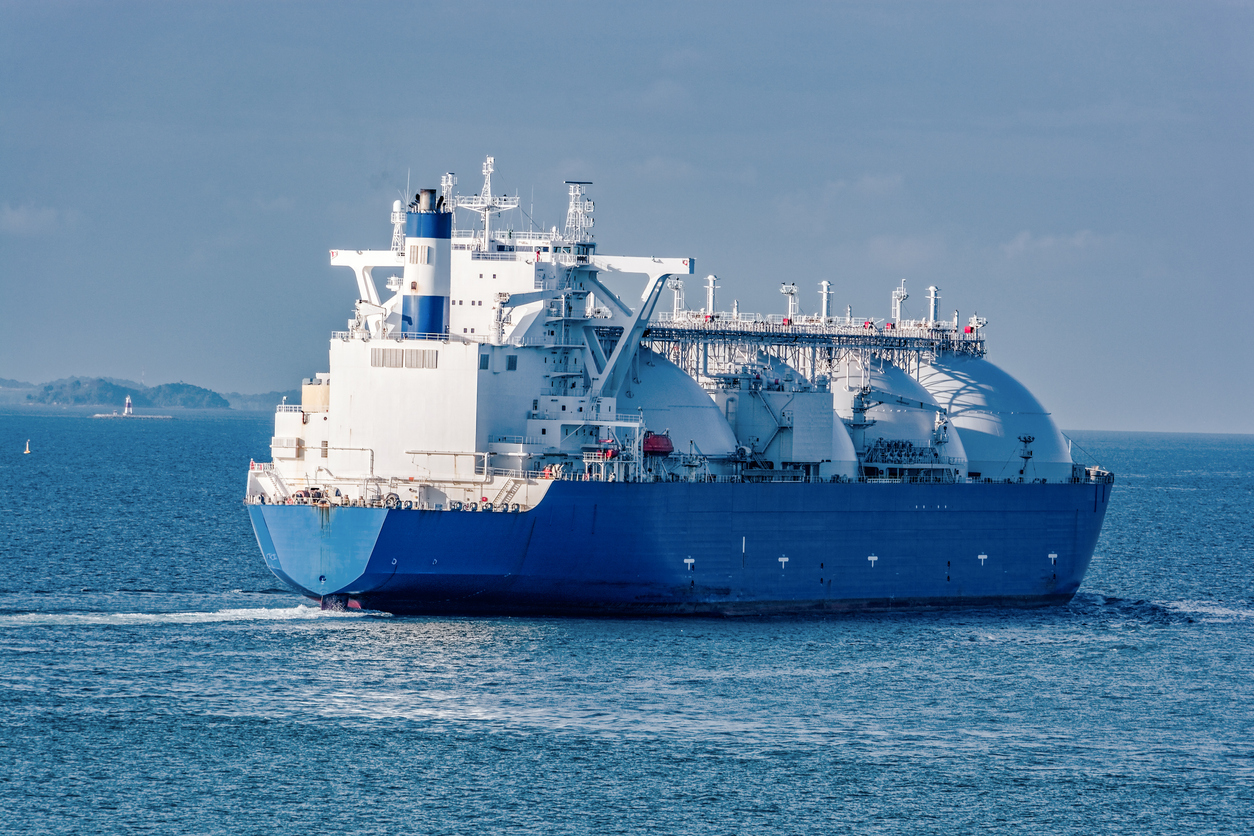How to Ship Goods from France to Kenya – All the Details You Need
How to Ship Goods from France to Kenya – All the Details You Need
Shipping your entire belongings from the U.S. to Kenya may seem like a mammoth task for the average expat. However, it’s not impossible and once you know what you’re dealing with, it will be much less stressful and easier to plan for. Most international moves involve shipping your personal belongings from one country to another as an individual or as part of a family unit. Moving from France to Kenya involves shipping all your personal belongings to your new home in Nairobi and that is no small feat. There are many costs involved in moving overseas, including shipping your things from France to Kenya! This article covers all the details on what shipping options are available, how much it will cost, and more…
Choosing a Shipping Company
If you’re moving to a different country, your shipping company will be responsible for getting your belongings from one place to another. To make things easier, you should make sure to choose a trustworthy shipping company. There are many factors to consider when choosing a shipping company. Among them are: – The company’s reputation: Read reviews online and talk to other people who have used the company before to make sure the company is reputable. – The company’s experience: Moving goods internationally is a complicated process, so you want to make sure your shipping company knows what they’re doing. – The company’s services: Find out what the company offers as part of their standard services, as well as what services they provide at an extra cost.
Packing and Labeling Your Belongings
When you pack your belongings, make sure to pack them according to their destination. So if you’re shipping a box to Nairobi, label it “Kenya.” If you’re shipping several boxes, label each “Outgoing,” “France,” “Nairobi,” and “Incoming,” respectively. You should also make sure all of your belongings are properly packed and labeled before shipping them. This will make unpacking and sorting easier once they arrive at their destination.
Determining the Weight of Your Shipment
The first step in shipping your belongings is determining their weight. Once you know the weight of your shipment, you can look up the price of shipping, and know how much it will cost to move your things. If you’re shipping your things via sea freight, you’ll need to know the gross weight of your shipment. The gross weight includes the weight of the shipment, the pallets it’s on, and any wrapping or covering used to protect it.
Options for Shipping your Belongings
From there, you have a few different options for shipping your belongings: – Sea freight – Sea freight is the most common way to move goods internationally, and it’s also the cheapest. However, it does take the longest: At minimum, it will take about 45 days to reach Kenya and can take as long as several months. – Air freight – Air freight is more expensive than sea freight, but it’s faster. Depending on the company you use, it will take between 5-15 days to reach Kenya. – Road freight – Road freight is the least common method of shipping, but it’s also the most expensive. It will take the least amount of time to reach Kenya, but it’s also the most expensive.
Importing Goods to Kenya
If you’re importing goods to Kenya, you’ll need to make sure your shipment meets all the necessary customs regulations. Most goods that enter Kenya don’t require a permit, but there are some exceptions. If your goods require a permit, you can find more information from the Kenya Revenue Authority. You’ll also need to pay taxes on your imported goods. Depending on your country of origin, you may also have to pay tariffs on your goods. If you have any questions about import taxes and tariffs, it’s best to consult a customs broker in Kenya. Goods imported to Kenya will be charged duty. You can calculate duty by multiplying the CIF (cost, insurance, and freight) value of your goods by 1.5%. The CIF value is the price, insurance, and freight of the goods. Customs duty on imported goods is progressive, which means the more you import, the higher the duty will be.
Conclusion
Shipping your goods to Kenya can be stressful, but with the right information, you’ll be well prepared. The best way to prepare is to know what the process is like, how much it will cost, and which shipping methods will be best for your needs. That being said, don’t be afraid of this process. It’s a great way to get everything you need for your new home in Nairobi. Just be sure to follow the advice in this article to make it as smooth as possible.








LEAVE A COMMENT
You must be logged in to post a comment.